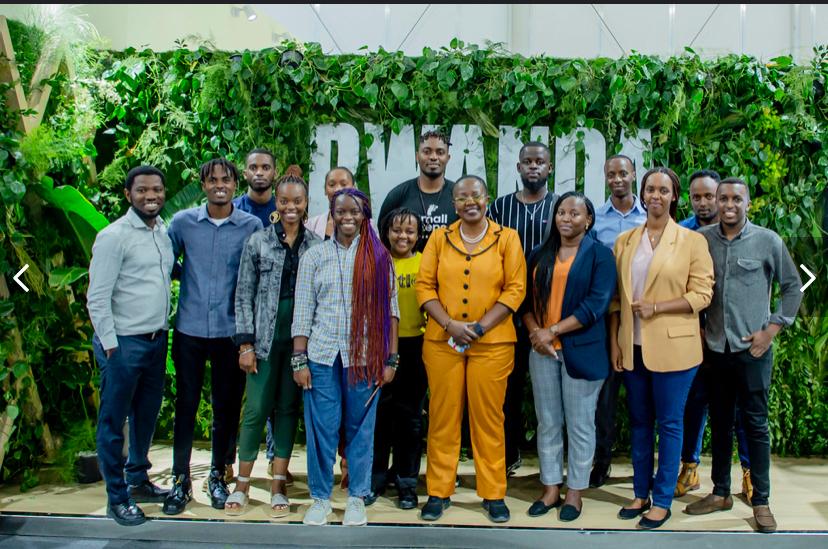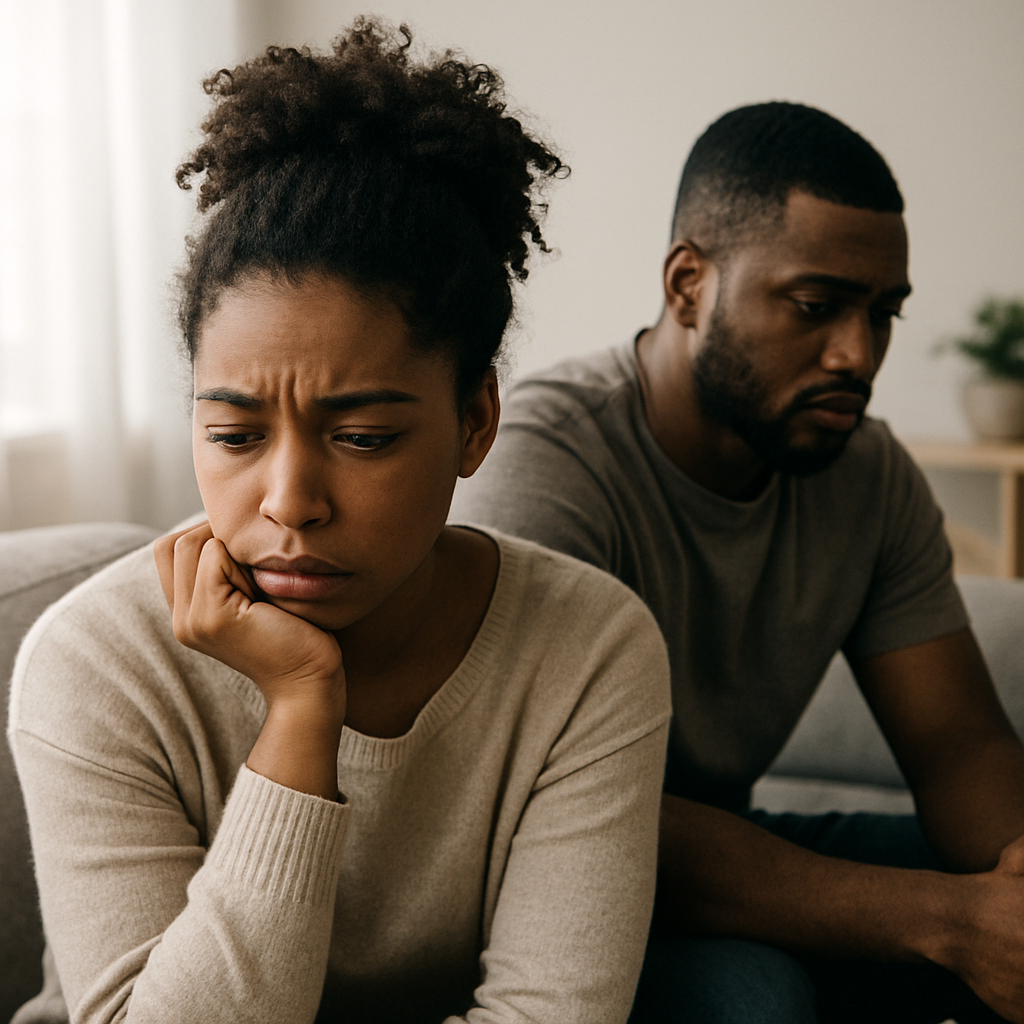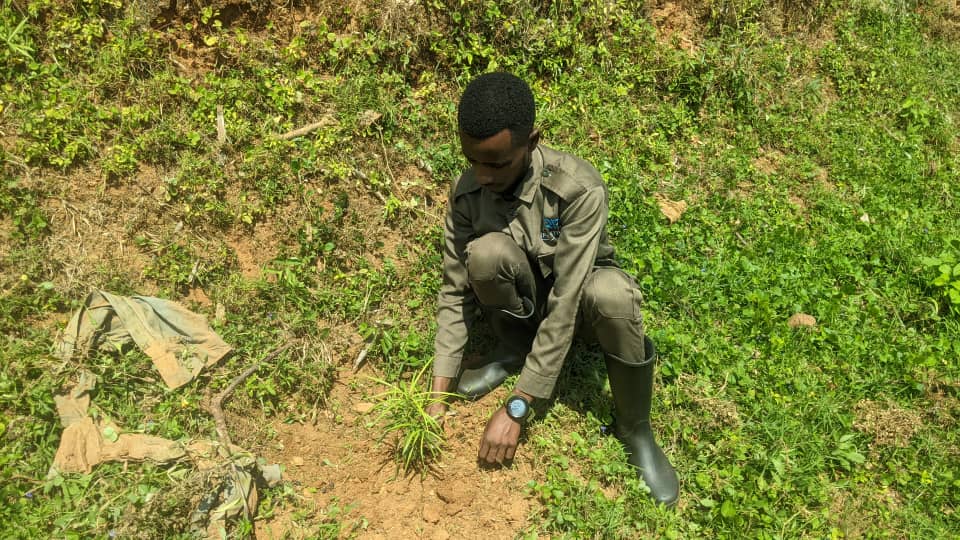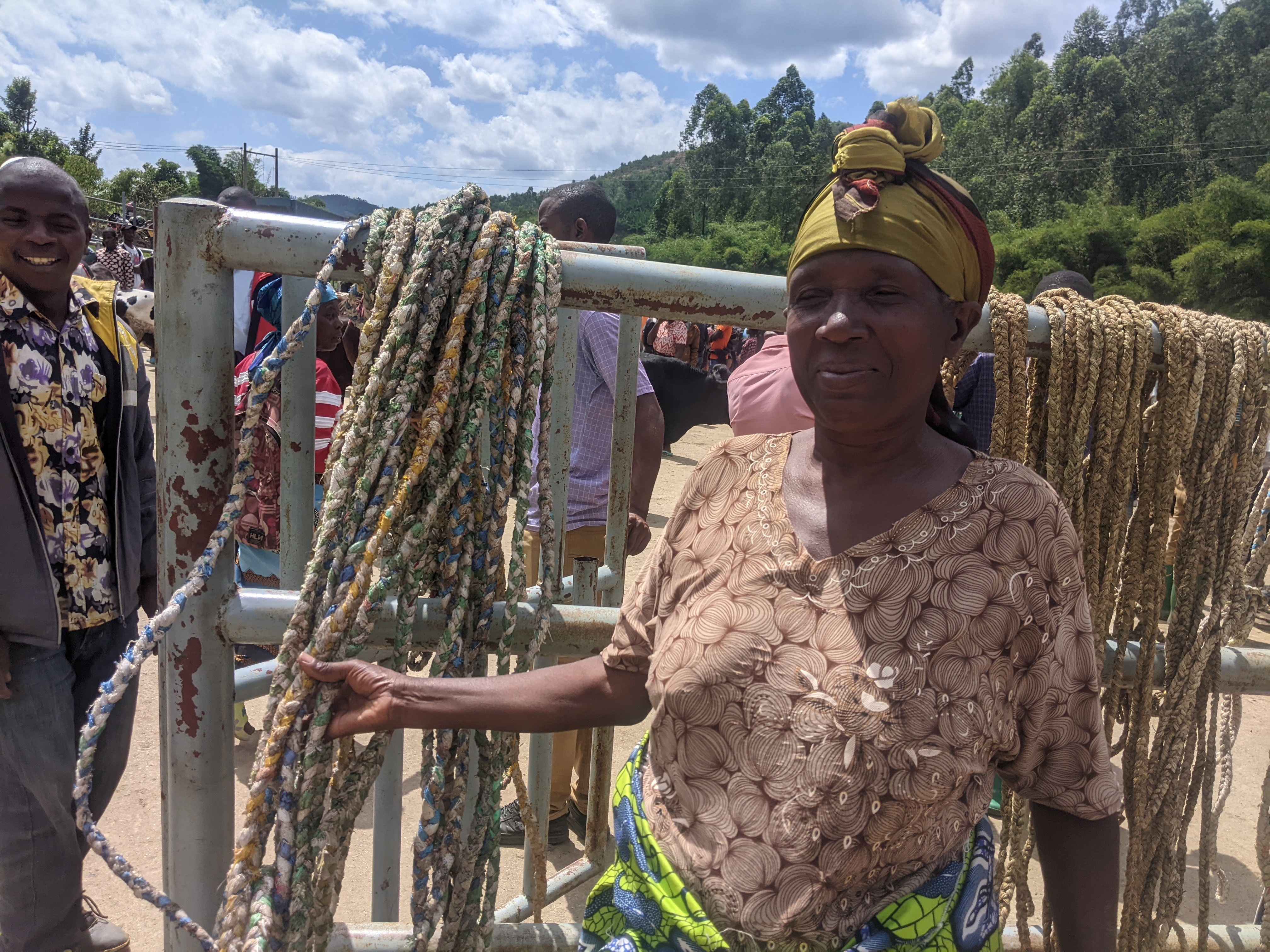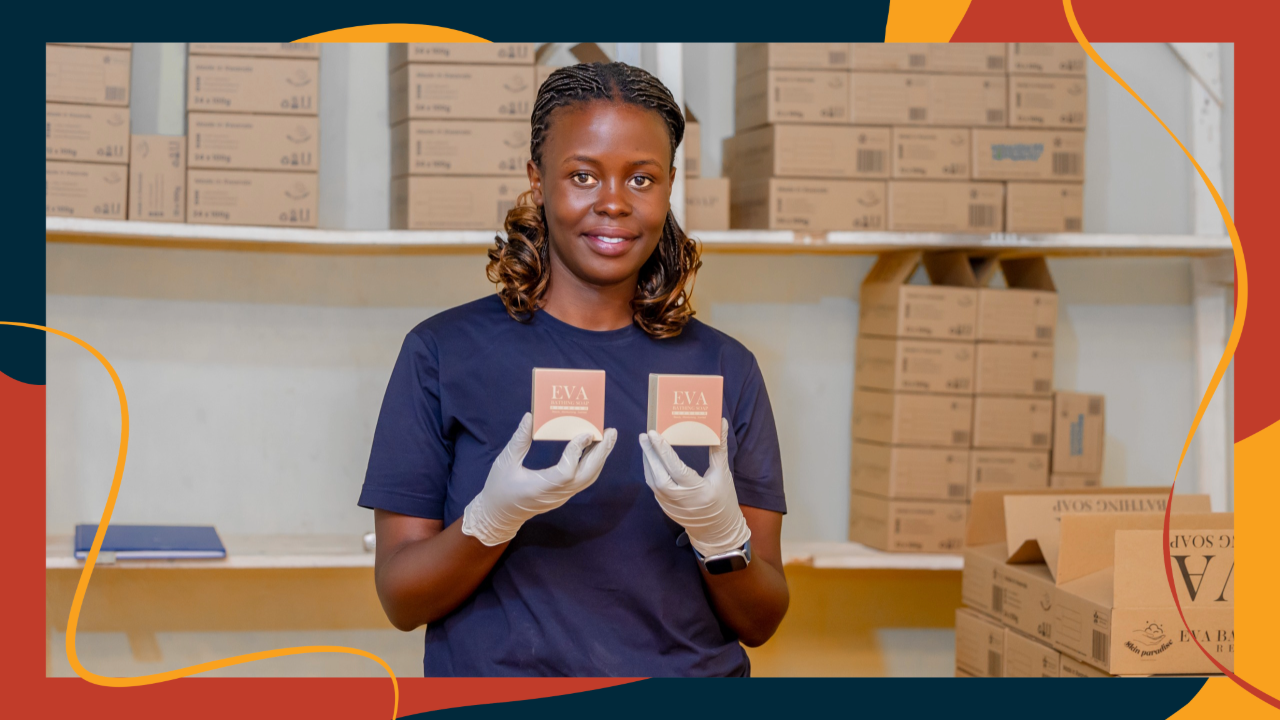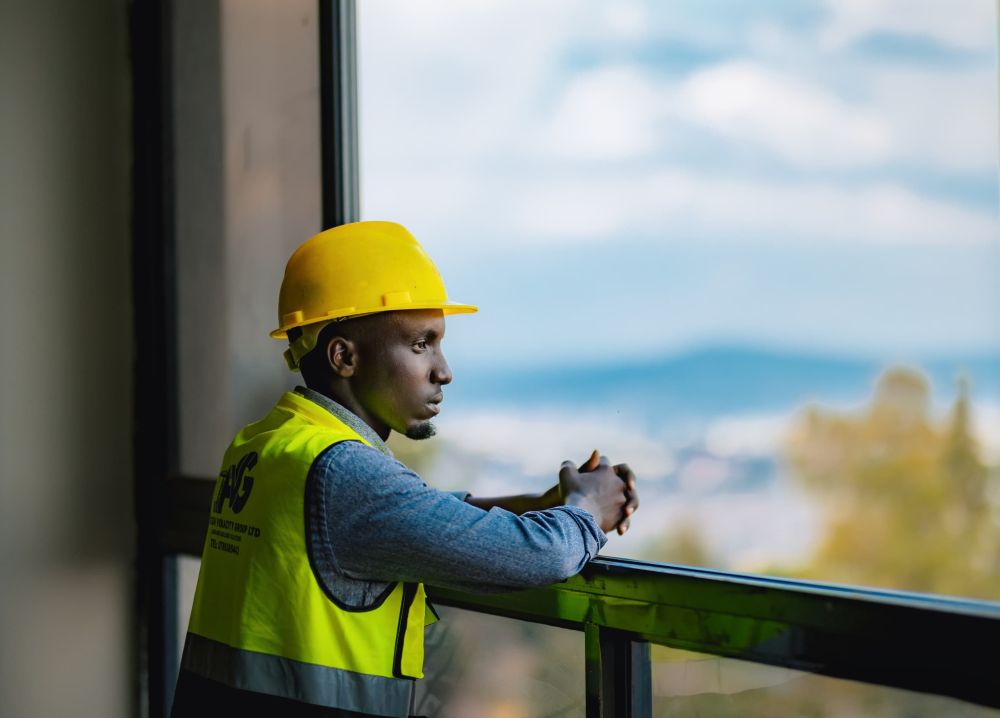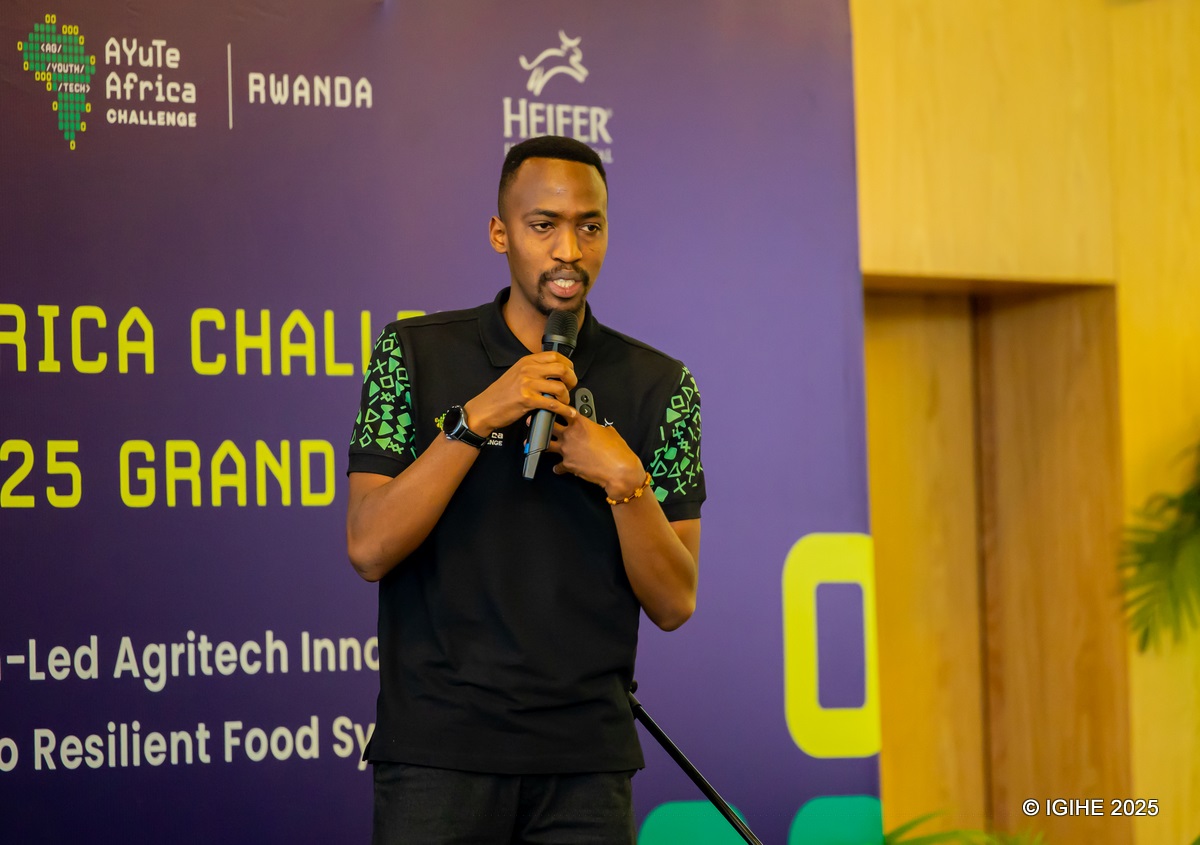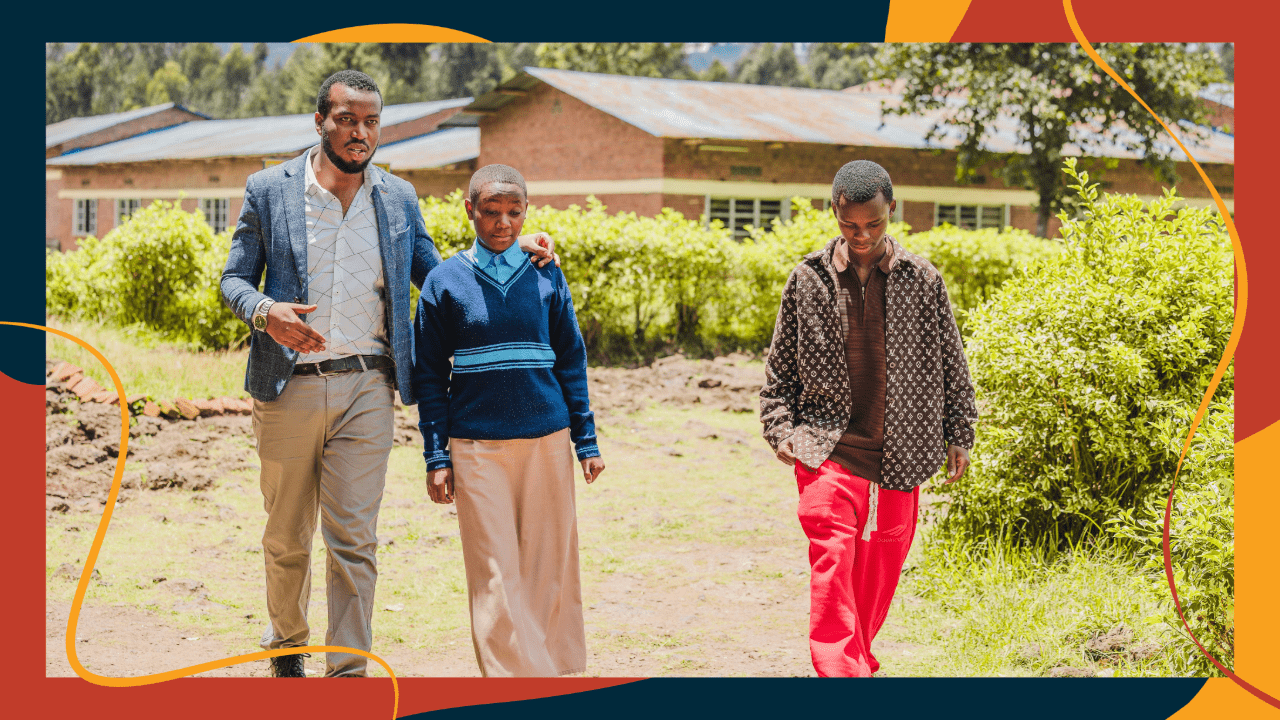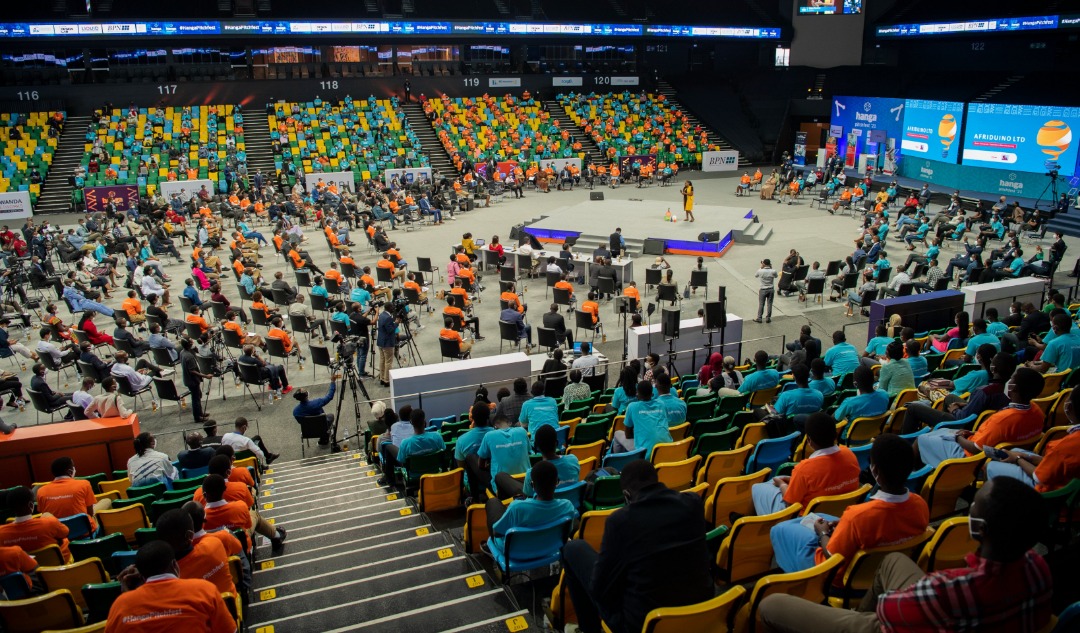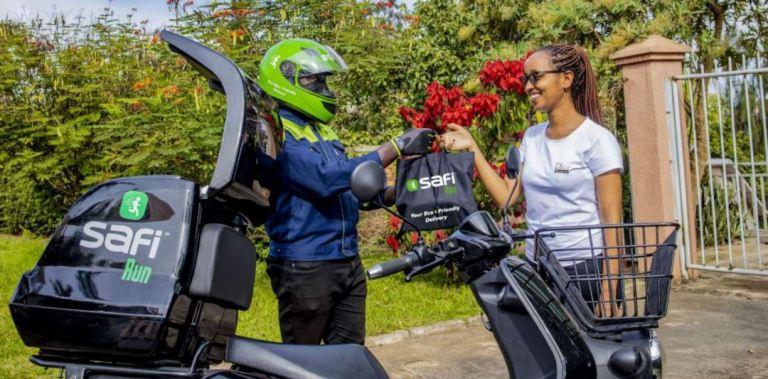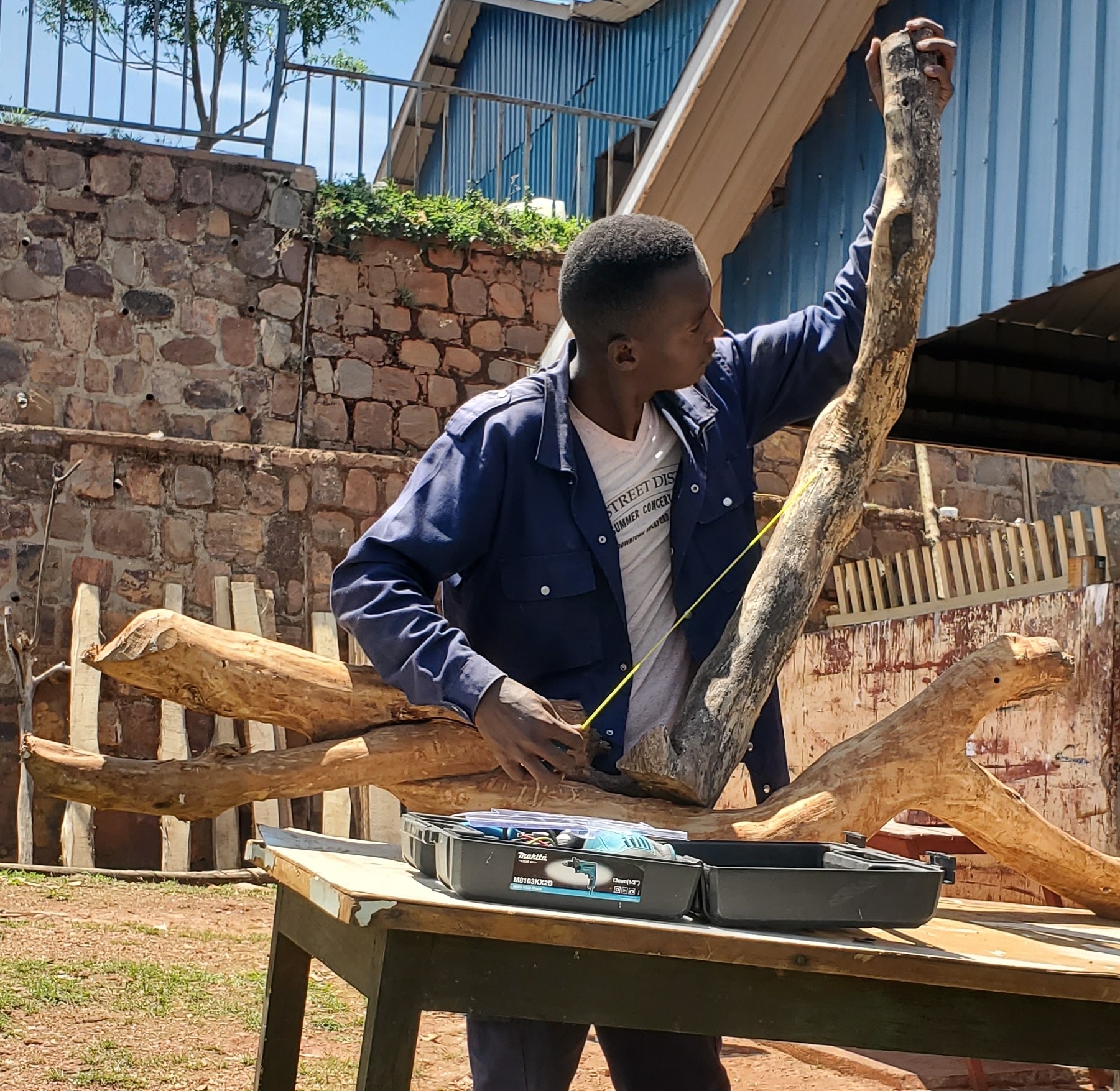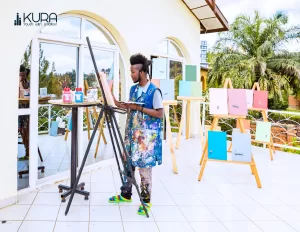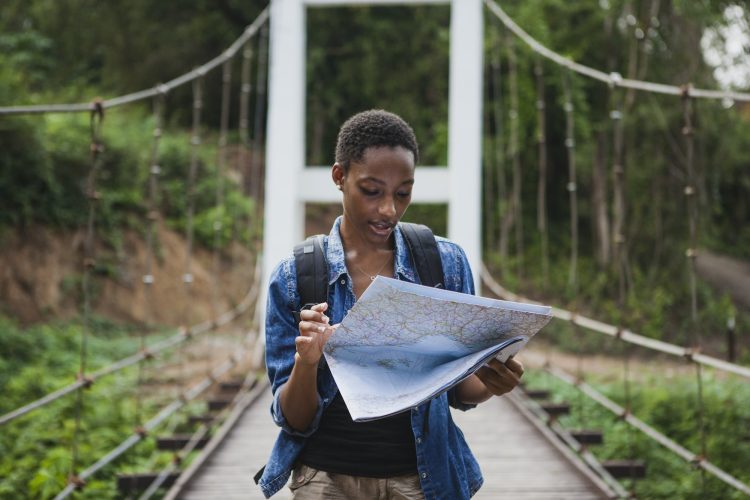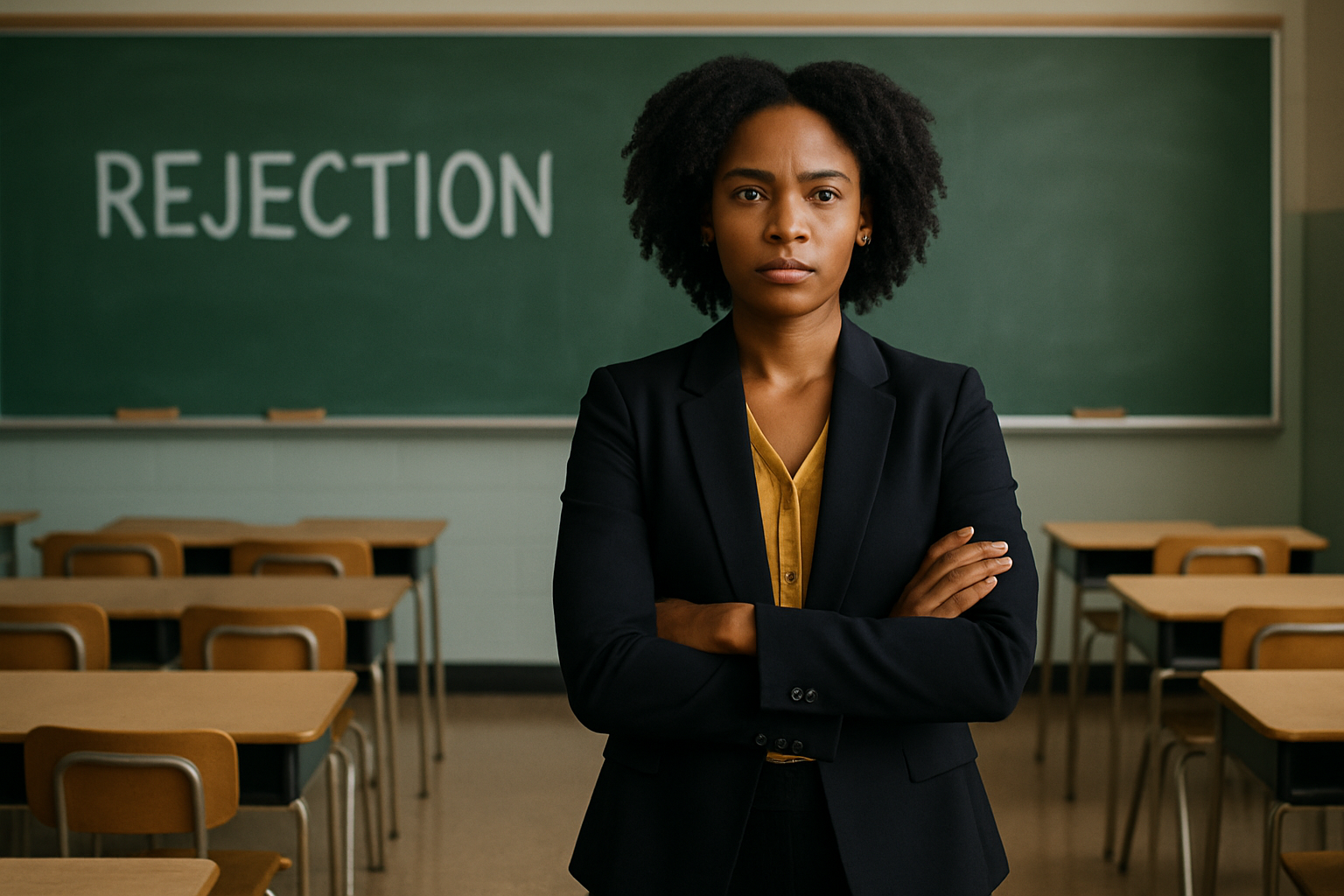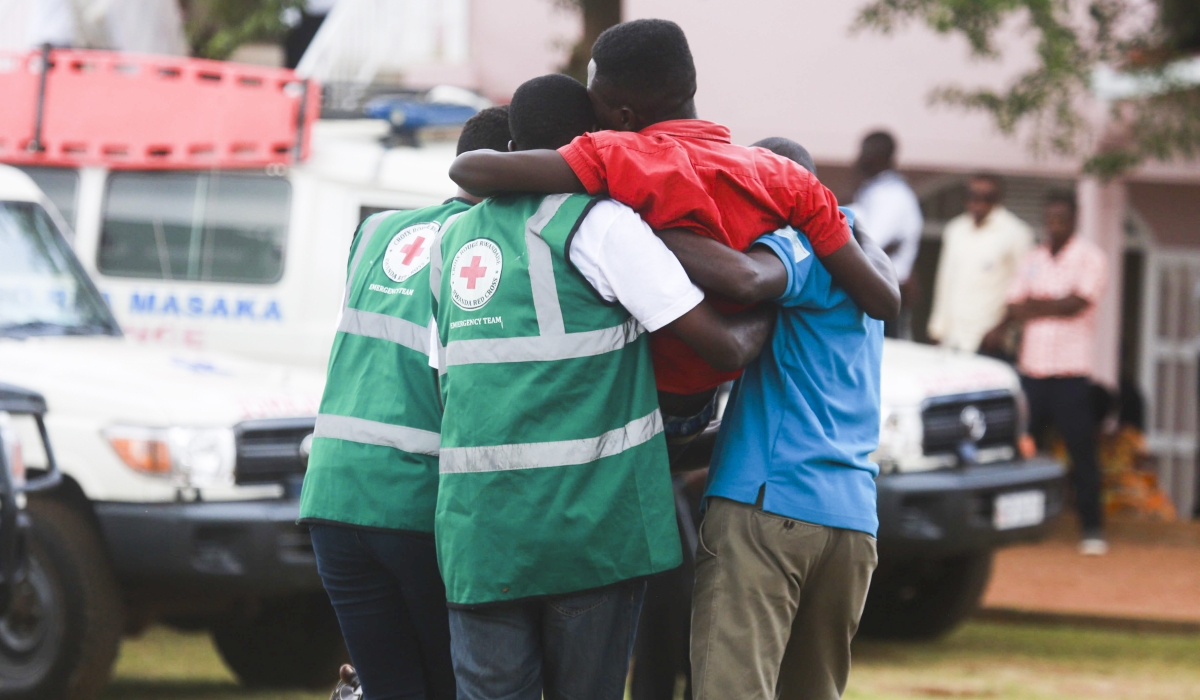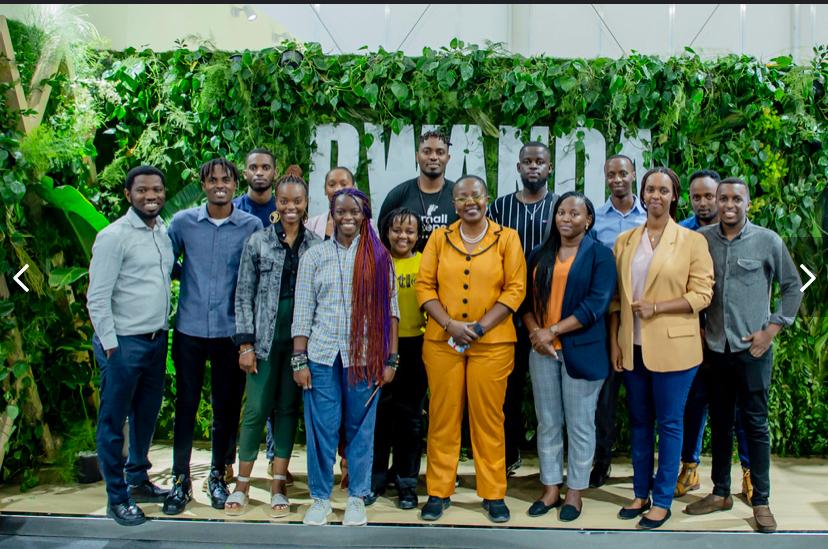As the world makes significant progress and efforts to combat climate change, young people play critical roles in both decision-making and implementation.
Young people are being given a seat at the decision-making table in order to ensure that they have a say in decisions and agreements that will inevitably affect them, such as climate change, among other things.
It is critical that they then take charge and participate, as this will inevitably benefit their well-being and welfare.
Youth participation and representation were observed recently during COP27, which took place between November 6th and November 20th. Many young people gathered in large numbers to discuss the various issues surrounding climate change and its consequences.
Among the 35,000 of people who traveled to Sharm El-Sheikh, Egypt, for COP27 this year, Rwanda’s youth did not disappoint in representing the country and the cause at large.
A delegation of six young people from the Green protector from Rwanda attended the conference, as did two from the Youth Volunteer for the Environment (YVE Rwanda) and the Minister of Environment, Dr Jeanne d’Arc Mujawamariya.
According to Olivier Ishimwe, a young member of the Green Protector, these young people had a cause they were fighting for, and they wanted to participate in the conversation and negotiations.
“There were youth organizations in attendance who wanted to know what was going on with the negotiations,” he explained.
Rwanda was among different negotiating groups, with Rwanda belonging to three of them: the Africa Group of Negotiators (AGN), the G77+China, and the Least Developed Countries (LDC).
With their leading negotiators their goal was to insist on the implementation of the world-famous Paris Agreement on reducing greenhouse gas emissions. The agreement was reached during the annual conference, COP21, which was held in Paris in 2015.
These young people were focused on holding the wealthy countries accountable to their agreements so as to address loss and damage while also unlocking climate financing.
Over the years, African countries including some of the Least Developed Countries have been the ones most affected by climate change despite being the least contributors.
Countries such as Pakistan, which contributes only 0.9% of global greenhouse gas (GHG) emissions, are among the most vulnerable to the effects of climate change (UNFCCC, 2021).
These young people sat in negotiating rooms hoping to hold wealthy countries accountable for loss and damage and thus unlock finance to address loss and damage so that vulnerable countries could Recover from the aftermath of climate disasters.
“They [LDCs] are not the ones who cause the most damage; it is the wealthy countries that emit the most greenhouse gasses,” Olivier Ishimwe explained. “We wanted the developed countries to unlock climate finance in order to address the impact of climate change.”
Their efforts were not in vain, as certain agreements addressing loss and damage were reached, as were plans to unlock climate finance.
“We did secure a way in which loss and damage will be addressed and climate financing will be unlocked in the future,” he said, adding that the next step is to figure out how those funds will be generated and provided now that developed countries have agreed to address loss and damage.
These young people also negotiated on other thematic areas such as carbon market, mitigation, gender, transparency, technology, and capacity building among others.
Moving Forward
As COP27 did come to a close and various agreements and issues have been addressed, it is critical that all stakeholders involved in the climate chain work together to find ways to adapt and prevent further damage.
Countries must follow the various agreements put in place to prevent further damage, such as reducing carbon emissions, shifting to renewable energy sources, and developing a climate resilient economy.
Furthermore, Ishimwe believes that capacity building among farmers and other stakeholders is necessary.
“They need to understand what’s going on and how they can deal with the various effects of climate change,” he says.
He emphasized the role of youth and the need for their participation during this time of climate crisis.
He stated that young people in various sectors must be aware of the effects of climate change on them and their futures. He explained that young people should take part in order to raise awareness.
Ishimwe believes that we, as young people, will be the next generation of leaders. He explained it is beneficial for young people to participate in different discussions around climate change to understand what is going on and the best way to deal with it in the future.
“We need leaders who will understand the need to protect the environment and collaborate in combating the effects of climate change in the coming years,” he said. “A lot of decisions made in that meeting have an impact on us as youth.”
He believes that everyone should be aware of climate change in order to see if they can contribute to long-term solutions.
